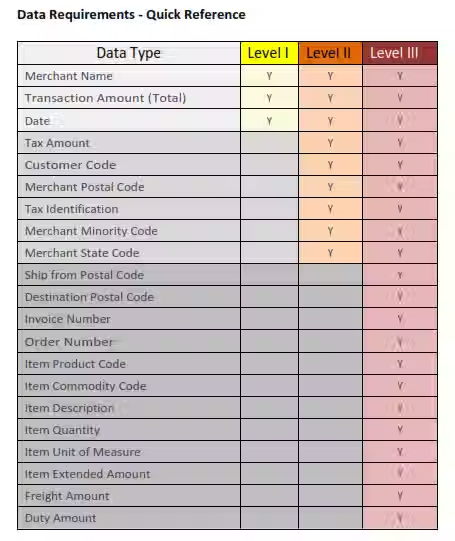How to Avoid Merchant Fee Padding by Reviewing Your Credit Card Processing Rates
- merchantstatement
- May 12, 2023
- 3 min read
Updated: Jul 10, 2025
Some merchant service providers are padding their credit card processing rates by adding additional charges to their hard costs. This is known as "padding". This practice can be costly for merchants, who may be unaware that they are being overcharged.
Merchant Statement Analysis provides a key merchant rate analysis service that can help businesses identify and challenge padded credit card processing rates. This service can help businesses save money and ensure that they are only paying for the services they actually need.
What is Merchant Fee Padding?
Merchant fee padding is when a merchant service provider adds additional charges to their hard costs and passes these onto the merchant. These additional charges are not related to the cost of processing credit cards and are therefore considered to be padding.
Some of the most common types of merchant fee padding include:
Excess interchange fees: Interchange fees are the fees that are charged by the card brands (Visa, Mastercard, American Express, etc.) to merchants for processing credit cards. These fees are set by the card brands and are not subject to negotiation. However, some merchant service providers will add additional charges to their interchange fees, which is considered to be padding.
Non-qualified transactions: Non-qualified transactions are transactions that are processed using a credit card that does not meet the merchant's qualification criteria. For example, a merchant may have a policy that only Visa and Mastercard are accepted. If a customer uses a Discover card to make a purchase, the transaction may be considered to be non-qualified. Merchant service providers will often charge higher fees for non-qualified transactions.
Monthly account fees: Monthly account fees are fees that are charged by merchant service providers to merchants on a monthly basis. These fees are typically used to cover the cost of maintaining the merchant's account. However, some merchant service providers will charge excessive monthly account fees, which is considered to be padding.
Set-up fees: Set-up fees are fees that are charged by merchant service providers to merchants when they open an account. These fees are typically used to cover the cost of processing the merchant's application and setting up their account. However, some merchant service providers will charge excessive set-up fees, which is considered to be padding.
How to Avoid Merchant Fee Padding
There are a few things that merchants can do to avoid merchant fee padding:
Read your merchant statement carefully: Merchant statements will list all of the fees that you are being charged. Be sure to carefully review your statement and look for any additional charges that you do not recognize.
Compare merchant rates: There are many different merchant service providers available. Be sure to compare rates from multiple providers before choosing one.
Ask questions: If you have any questions about your merchant statement or the fees that you are being charged, be sure to ask your merchant service provider.
Merchant Statement Analysis Helps With Credit Card Processing Rates
Merchant Statement Analysis is a service that can help merchants identify and eliminate merchant fee padding. Merchant Statement Analysis providers will review your merchant statement and identify any additional charges that you are being charged. You can then use this information to negotiate a lower rate or find a new provider altogether which will save you lots of money over the course of doing business.
Conclusion
Merchant fee padding is a serious problem that can cost merchants a lot of money. By reading your merchant statement carefully, comparing merchant rates, and asking questions, you can avoid merchant fee padding and save money. If you believe that you are being charged excessive fees, you should consider using a Merchant Statement Analysis service.




Comments